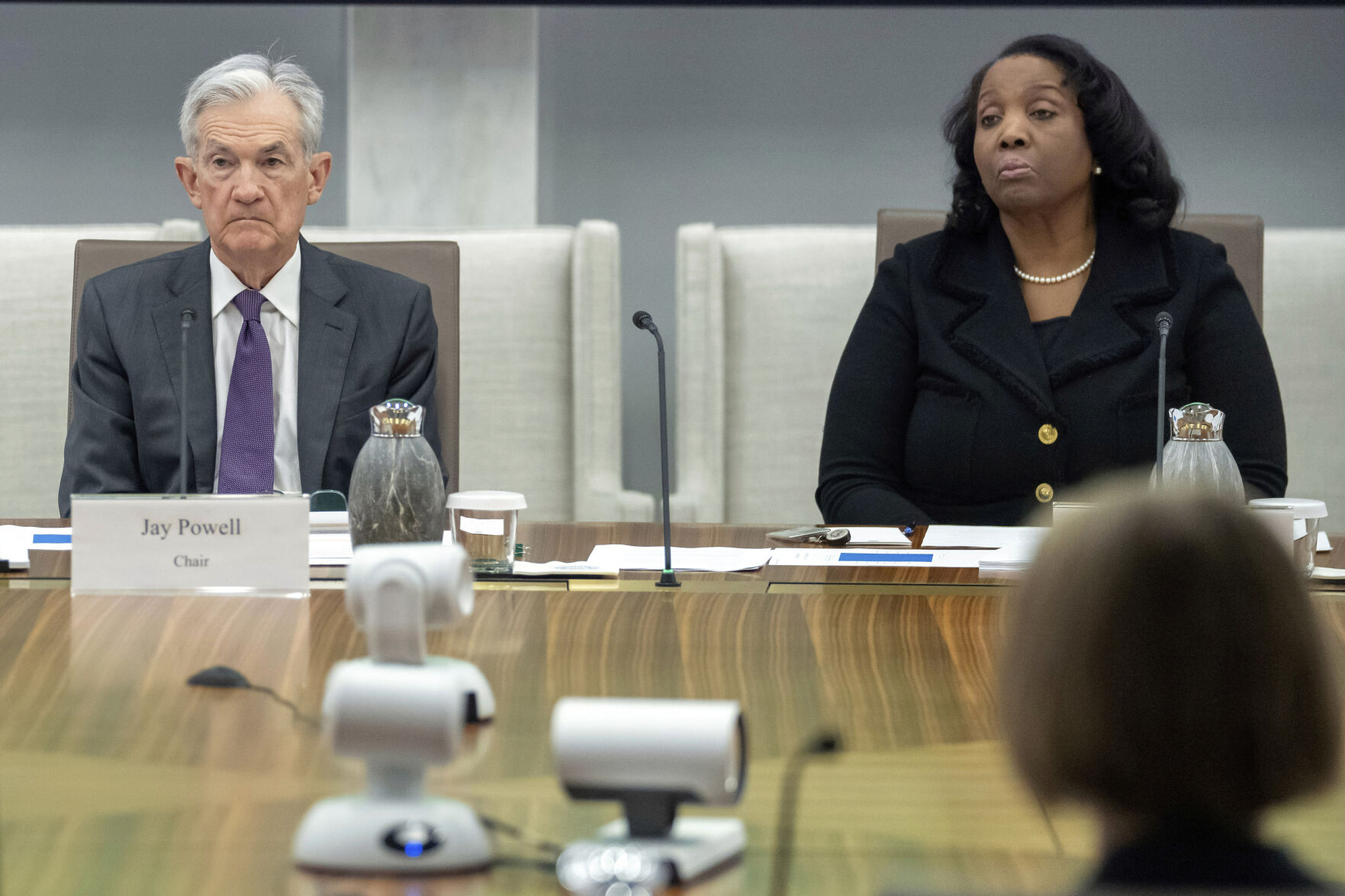President Donald Trump’s demand for a Federal Reserve governor to step down over alleged mortgage fraud highlights a growing effort to influence a traditionally independent institution. The move raises questions about the future of the Fed’s role and the extent of political control over financial oversight.
Why the Federal Reserve’s independence matters

Key Takeaways:
- President Trump is calling for a Federal Reserve governor’s resignation over an accusation of mortgage fraud.
- The White House’s move aims to exert greater control over the Fed’s operations.
- The Federal Reserve has historically maintained independence from political interference.
- This is one of the few remaining independent agencies in Washington.
- Shifts in the Fed’s leadership or structure could affect U.S. economic policy.
Introduction
President Donald Trump’s latest call for a Federal Reserve governor to resign stems from an accusation of mortgage fraud. This effort marks a potentially critical moment in the administration’s ongoing attempts to influence federal institutions. The Federal Reserve has traditionally operated with a high degree of independence, shielded from shifts in the political landscape, making the president’s appeal particularly significant.
Why Federal Reserve Independence Matters
The Federal Reserve’s autonomy has long been viewed as essential for guiding monetary policy without undue political pressure. By setting interest rates and regulating financial institutions, the Fed aims to stabilize the economy, promote maximum employment, and keep inflation in check. Any move that challenges this independence could have far-reaching implications for markets and future economic policymaking.
White House Efforts to Reshape Policy
The Trump administration’s call for a high-profile resignation is merely the latest in a series of attempts to place greater decision-making power in the hands of the executive branch. By targeting a governor within the Federal Reserve, the White House is signaling its determination to make its mark on an institution considered one of the few remaining independent agencies in Washington.
Potential Consequences
Should the administration succeed in reorienting the Fed’s leadership, both domestic and global financial markets may react to perceived political interference. The Fed’s decisions on interest rates and regulatory policies could become more closely aligned with White House priorities, raising concerns among economists and policymakers who champion the principle of central bank autonomy.
Conclusion
As President Trump presses forward, the clash between the White House and the Federal Reserve spotlights a broader conversation about where power over financial policy should reside. Whether this call for resignation will prove a pivotal setback to the Fed’s independence or simply another episode in a longstanding tug-of-war remains to be seen. However, the debate underscores why the Federal Reserve’s autonomy continues to matter for economic stability and public confidence.











